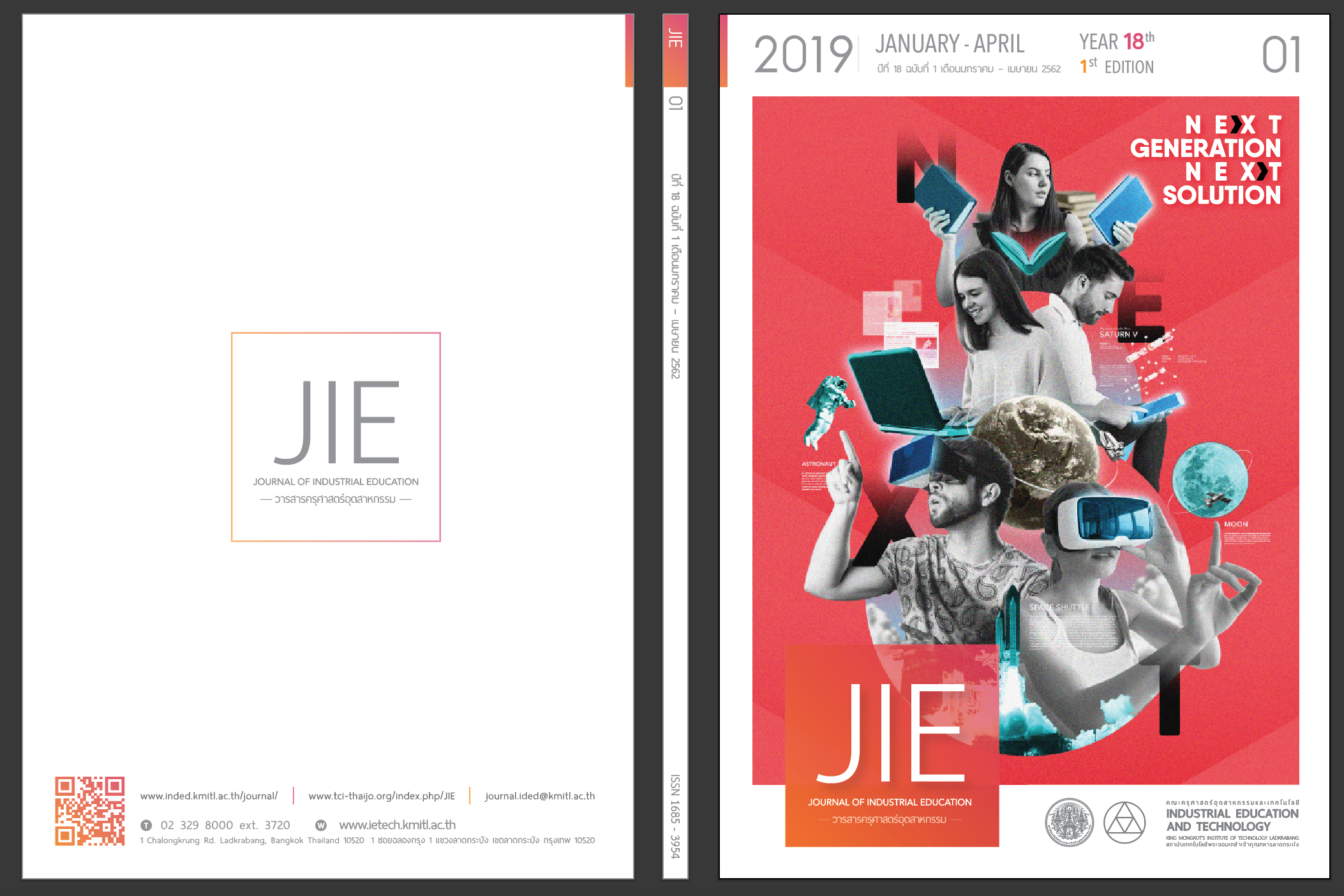THE STUDY OF DEMOCRATIC CITIZENSHIP OF THE THAI YOUTH BASED ON THE 21st CENTURY CITIZENSHIP COMPETENCIES
Keywords:
Democratic Citizenship, 21st Century Citizenship Competencies, Thai Youth, Citizenship Education, Politics and EducationAbstract
This research aimed to study democratic citizenship of the Thai youth based on the 21st Century Citizenship Competencies. This research was a part of dissertation “Guidelines for Enhancing Democratic Citizenship based on the 21st Century Citizenship Competencies of Thai Youth.” The sample consisted of 800 students of Grade 12. The research instrument was a questionnaire which was inspected through 3 procedures.
The results of research instrument development found that the selection of 3 sub-dimensions had top three average in between 8.00-9.53. The item content validity of IOC was 0.40-1.00. The overall reliability was 0.901. The level of difficulty of the selected test items was 0.20-0.80.
The results of the study found that the School D, an excellent knowledge school of the Southern region, had the highest average scores of Civic Literacy dimension (= 20.84). The School B, an excellent knowledge school of the Central region, had the highest average scores of Global Citizenship dimension and Digital Citizenship dimension. (
= 33.90;
= 10.99). Moreover, when combining the 3 highest average scores, it showed that the School B had the highest average scores (
= 65.62). In addition, when ranking these 3 highest average scores, it showed that the School B, C, and D were the 3 schools where gained the level of Active Citizenship higher than the level of Engaged Citizenship and Informed Citizenship accordingly.
References
Parker, W. C. (2014). Citizenship Education in the United States: Regime Type, Foundational Issues, and Classroom Practice. In Nucci, Narvaez, and Krettenauer (Eds.). The Handbook of Moral and Character Education, p. 347-367. New York: Routledge.
Katherine, N., et al. (2013). Opening discourses of Citizenship education: a theorization with Foucault. Journal of Education Policy, 28, p. 828-846.
Prinya Thaewanarumitkul. (2012). Civic Education. Bangkok: Nanmeebooks.
Schulz, W., et al. (2010). ICCS 2009 International Report: Civic knowledge, attitudes, and engagement among lower secondary school students in 38 countries. Amsterdam: International Association for the Evaluation of Educational Achievement.
Tawinwadee Bureekul., et al. (2012 22-24 March). Citizenship in Thailand. 13th Academic Conference of King Prajadhipok's Institute “Citizenship and the future of Thai Democracy”. United Nations Convention Center (UNCC) Bangkok. (Documentation)
Office of the Education Council. (2017). National Education Plan B.E. 2560-2579. Bangkok: Ministry of Education.
Partnership for 21st Century Skills. (2016). Reimagining Citizenship for the 21st Century Skills. Washington D.C.: Partnership for 21st Century Skills.
National Institute of Educational Testing Service. (2017). Average score of the Ordinary National Educational Test (O-NET) academic year 2016 in Social Studies, Religion and Culture Subject in Grade 12 students of Thailand. (Document file not published)
The National Legislative Assembly. (2017). The results of schools in promoting morality and democracy program. (Documentation)
Choi, M. (2016). A concept Analysis of Digital Citizenship for Democratic Citizenship Education in the Internet Age. Theory & Research in Social Education, 44 (4), p. 565-607.
Worapot Wongkitrungrerng. (2018). Digital Citizenship Handbook. Bangkok: Digital Economy Promotion Agency.
Brien, J.O. (2008). Are We Preparing Young People for 21st –Century Citizenship With 20th-Century Thinking? A Case for a Virtual Laboratory of Democracy. Contemporary Issues in Technology and Teacher Education (Online serial), 8(2), p. 125-157.
Flornes, K. (2017). Promoting Civic Literacy in Teacher Education: A Framework for Personal and Professional Development. In S. Ingvaldsen and D.Oberg (Eds.). Media and Information Literacy in Higher Education. p. 37-50. Massachusetts: Chandos Publishing.
Oxfam. (2015). Education for Global Citizenship: A Guide for Schools. Oxford: Oxfam Education.
UNESCO. (2015). Global Citizenship Education: Topics and Learning Objectives. Paris: United Nations Educational, Scientific and Cultural Organization.
Common Sense Education. (2016). Our K-12 Digital Citizenship Curriculum. San Francisco: Common Sense Media.
Thai Civic Education. (2017). Conceptual framework of Democratic Citizenship of Media, Information, and Digital Literacy. Bangkok: Thai Civic Education.
Papassorn Paiboonthitipornchai. (2010). The Study of Good Citizenship of Students of Bang Bua Thong Commercial School, Nonthaburi. Independent Study in Public and Private Management, Graduate School, Silpakorn University.
Thuntuch Viphatphumiprathes. (2013). Democratic Citizenship of Dhurakij Pundit University Students. Bangkok: Dhurakij Pundit University
Laddawan Sookyai. (2008). Citizenship in democratic regime of Chiang Mai people: a comparative study between people in Mueang District and Doi Saket District. Independent Study in Political Sciences, Graduate School, Chiang Mai University.
Downloads
Published
How to Cite
Issue
Section
License
"The opinions and contents including the words in papers are responsibility by the authors."
"ข้อคิดเห็น เนื้อหา รวมทั้งการใช้ภาษาในบทความถือเป็นความรับผิดชอบของผู้เขียน"



